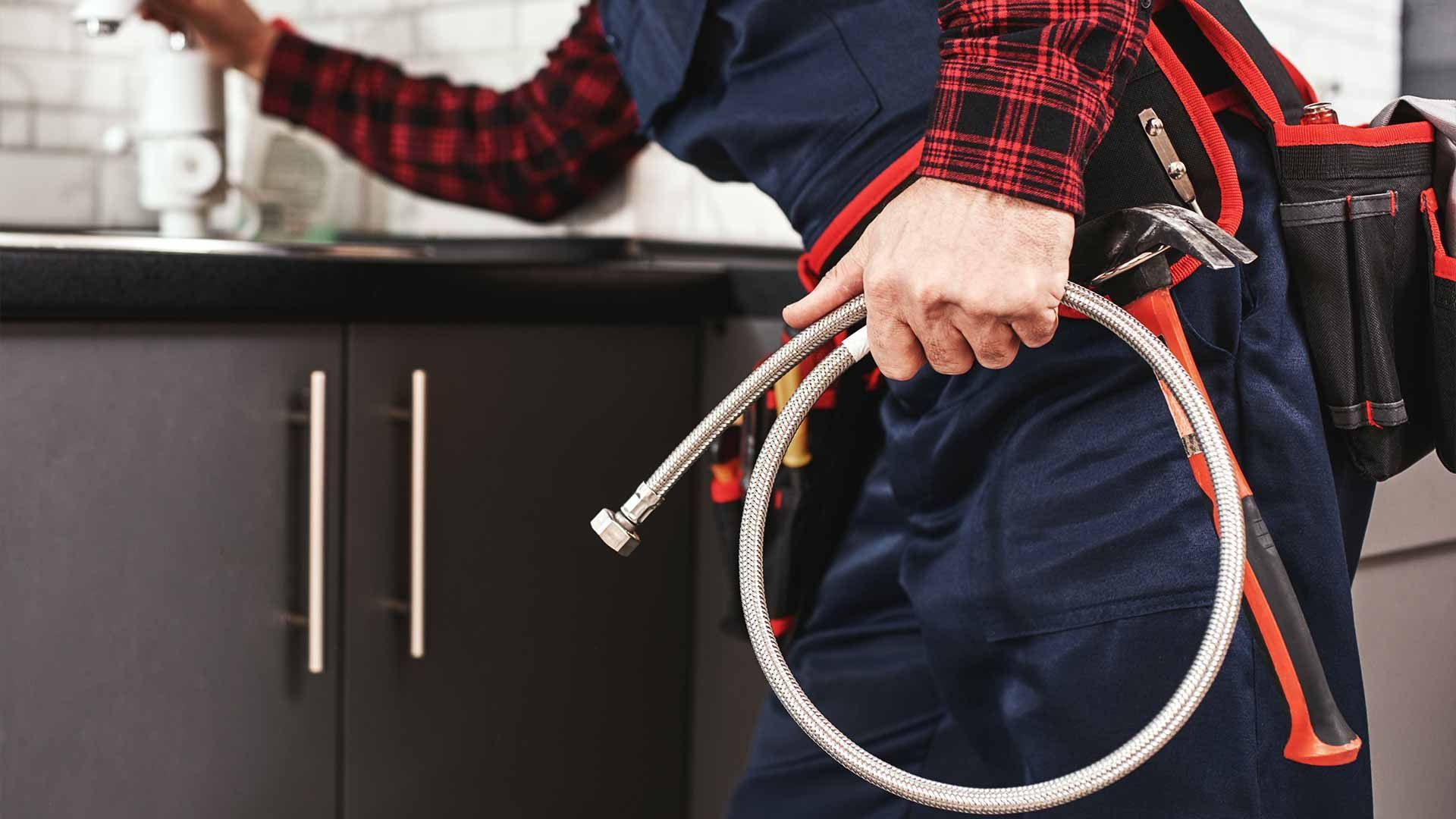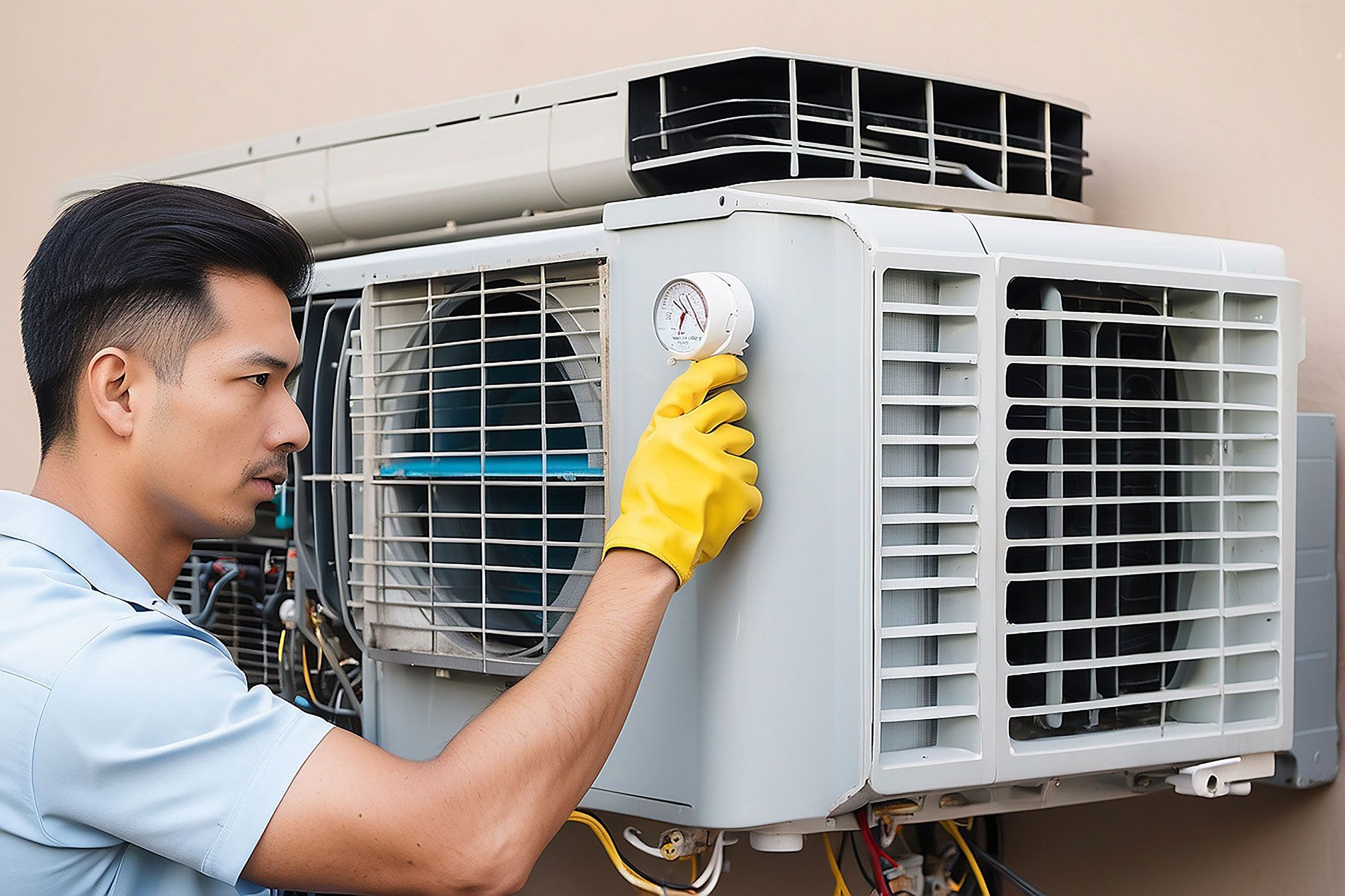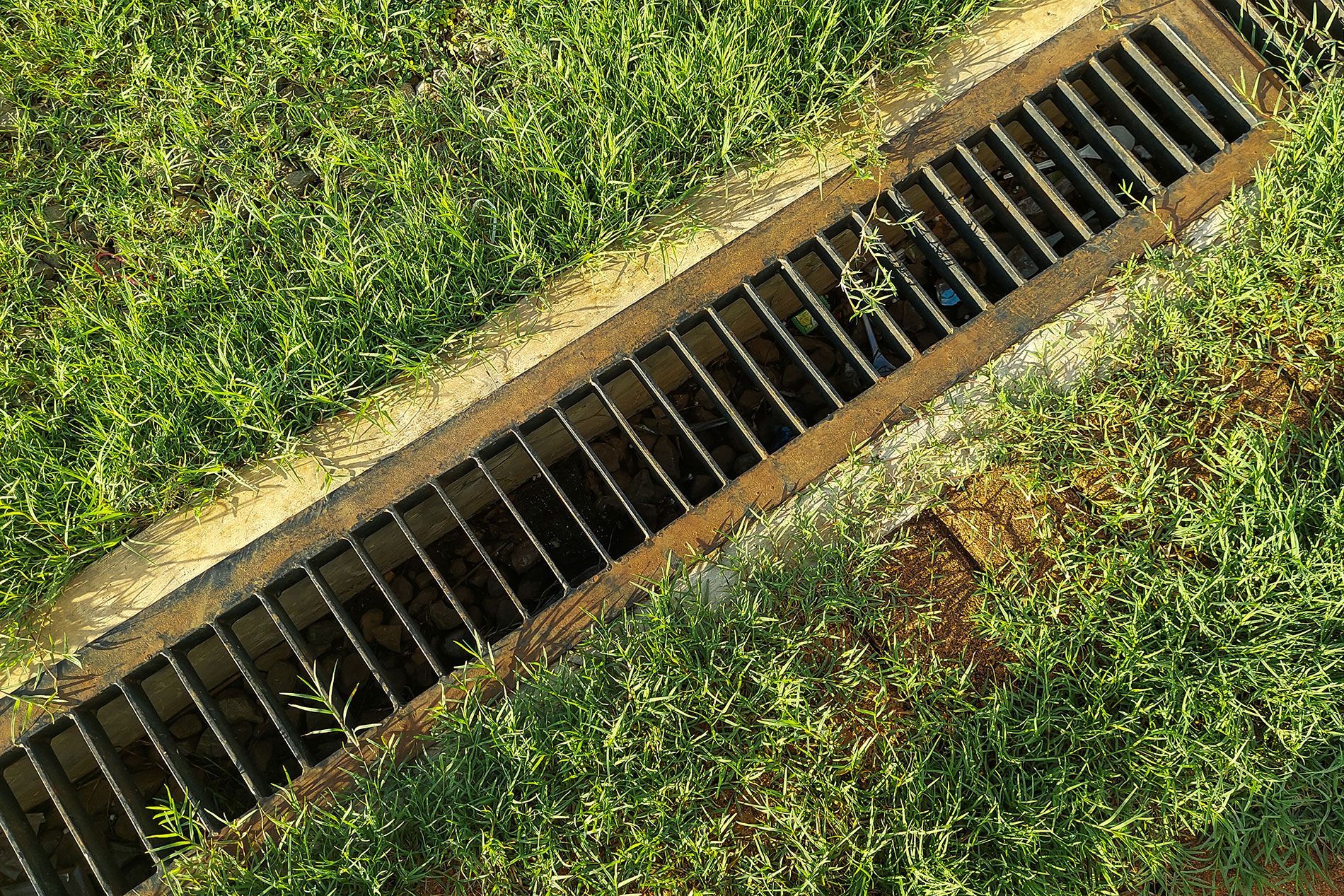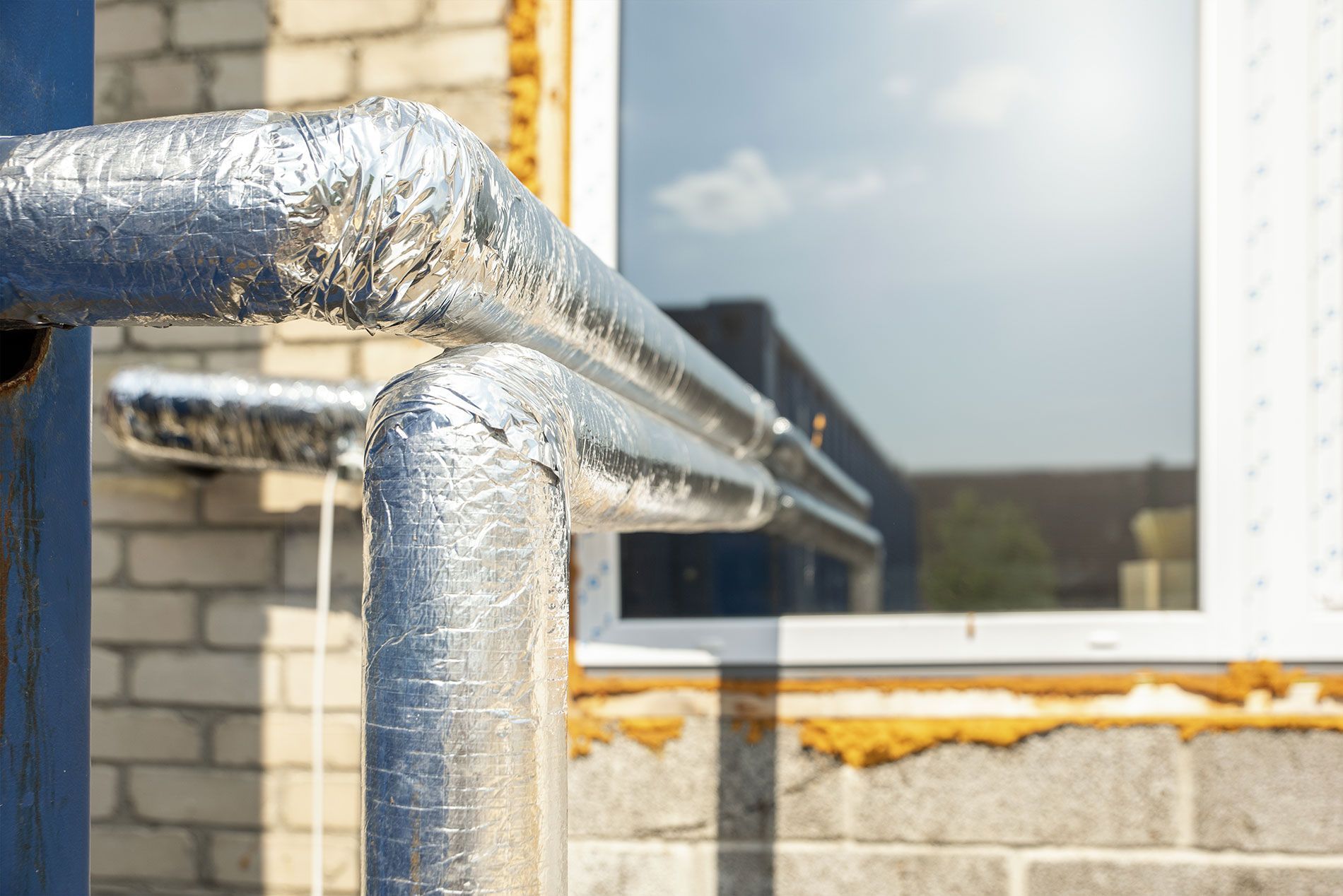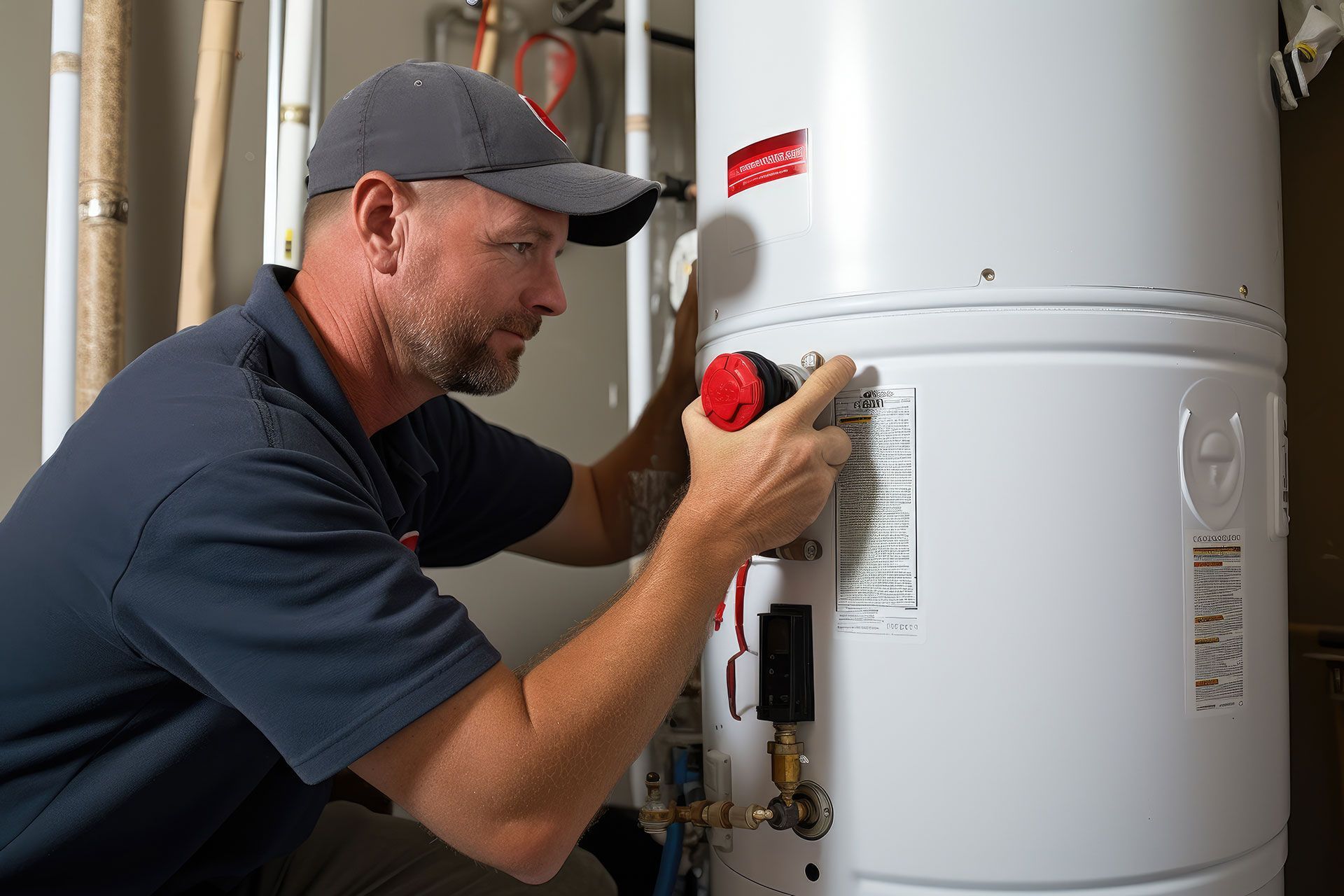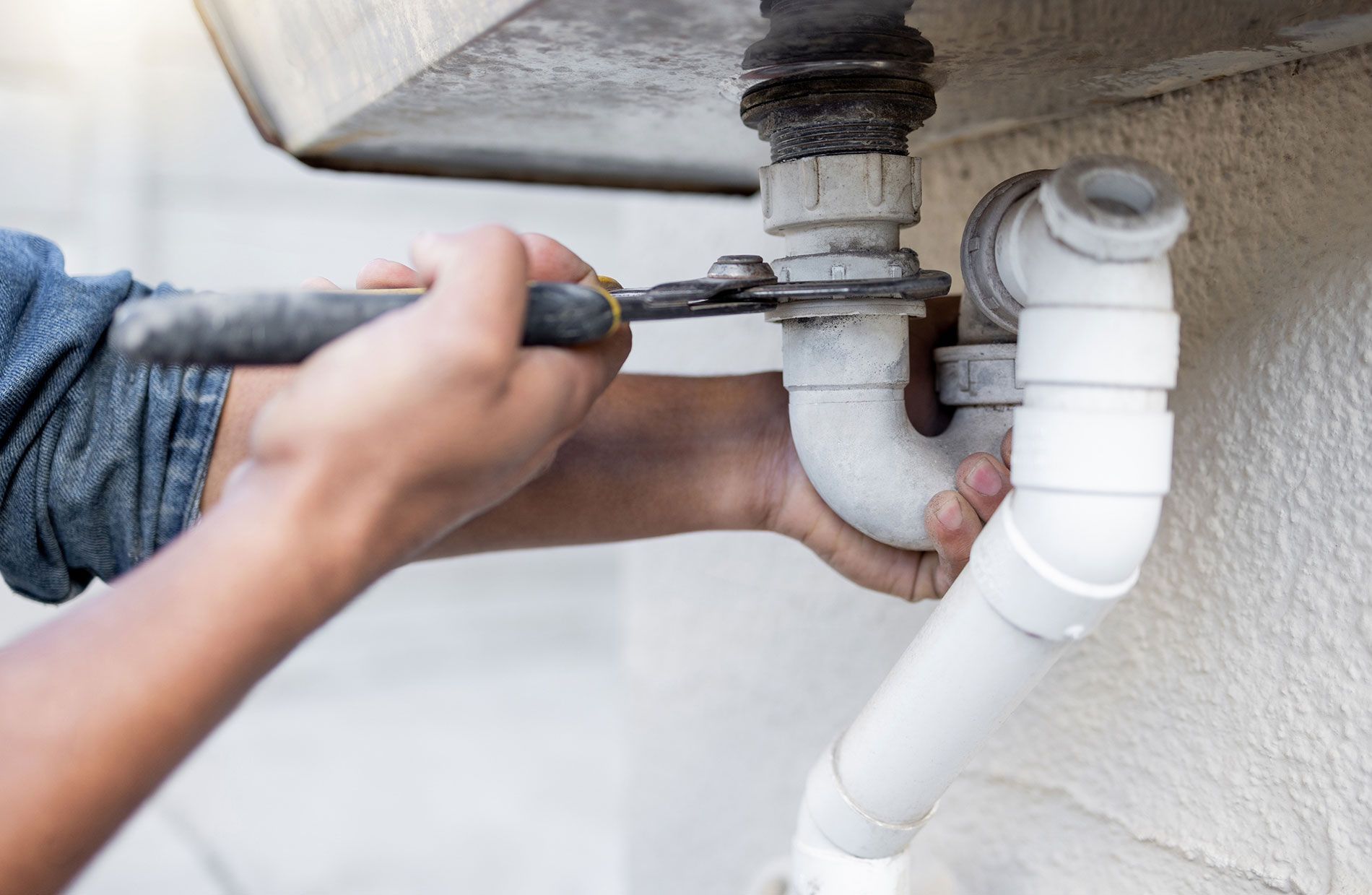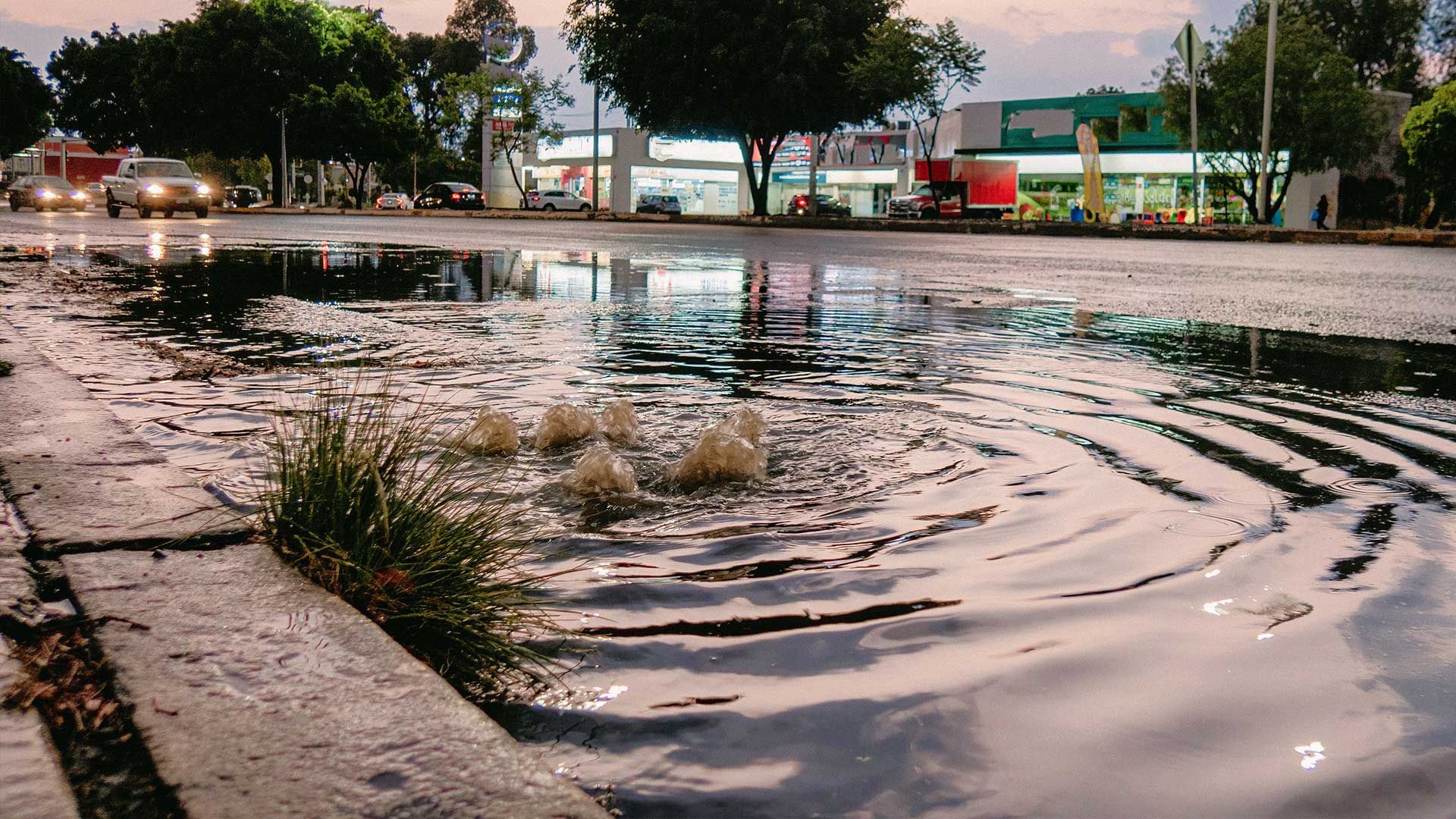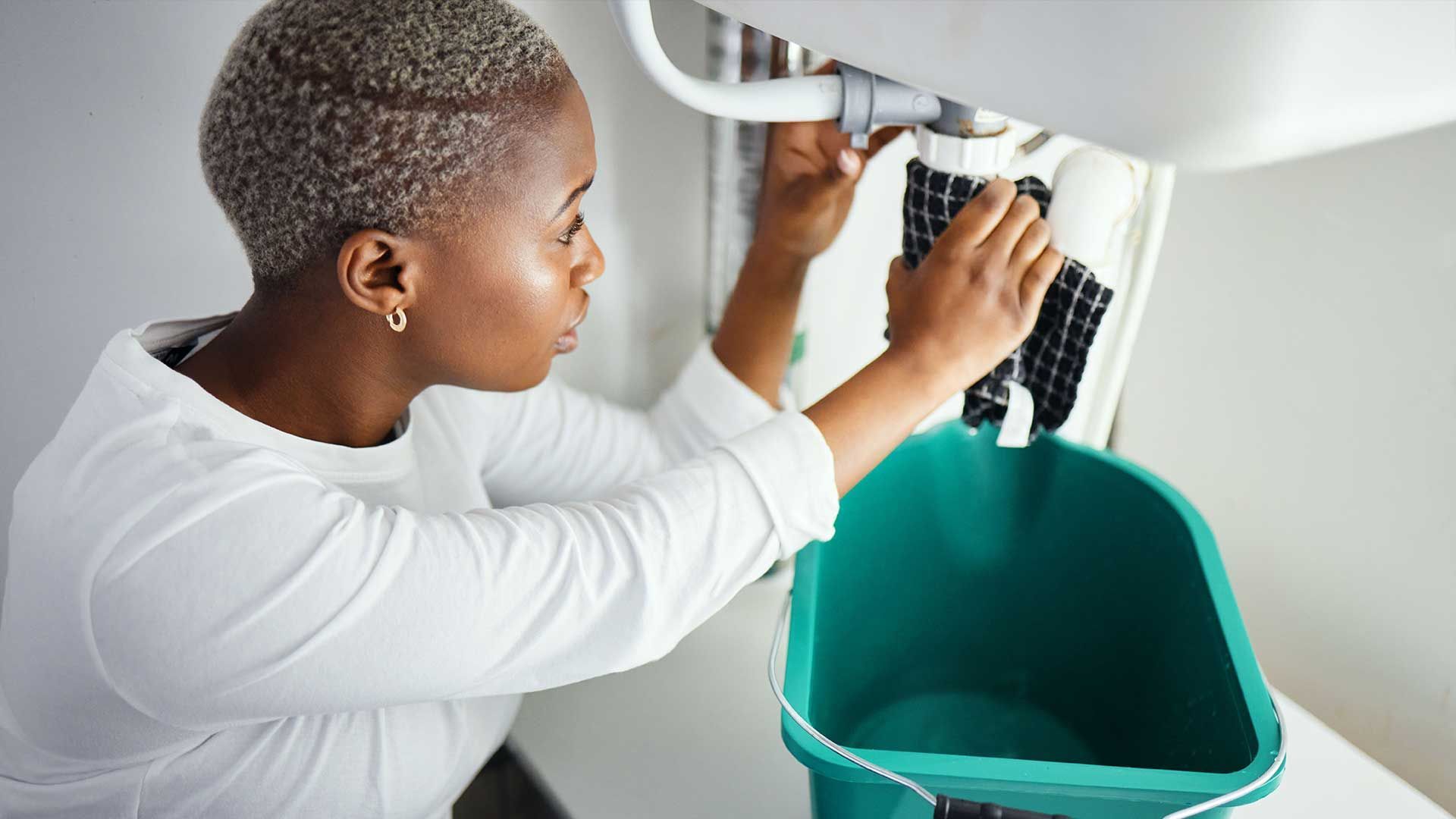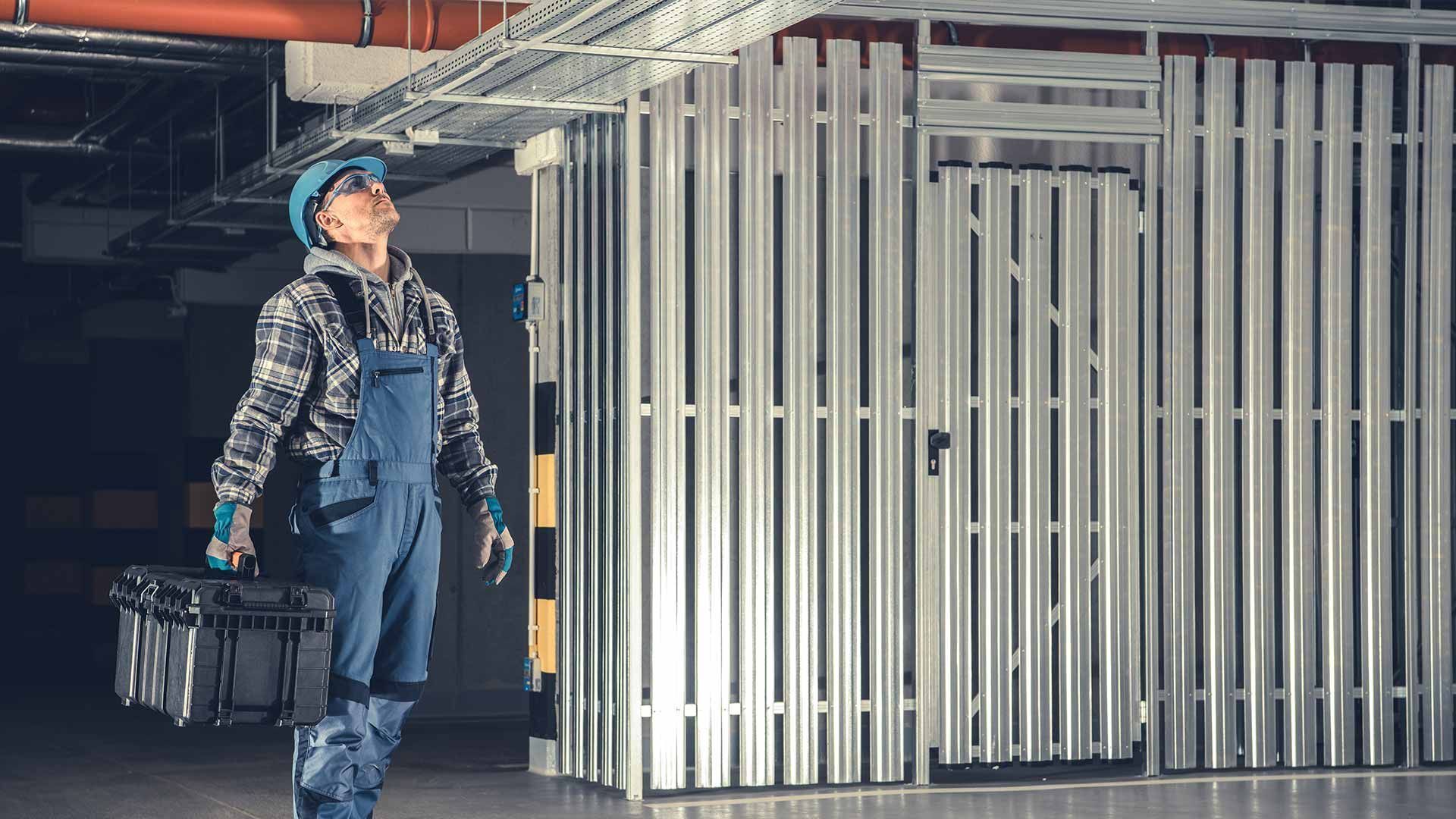The Complete Guide to Water Heater Repair Costs in 2024
When it comes to home comfort, few things are as essential as a reliable water heater. Yet, unexpected issues can arise, leaving homeowners grappling with concerns about the dreaded water heater repair cost. In 2024, understanding the dynamics of these expenses is paramount, ensuring that you're well-prepared to address any water heater-related challenges that may arise.
This comprehensive guide aims to demystify the world of water heater repair costs in 2024. From common problems that afflict these essential appliances to the factors that influence repair expenses, we will delve deep into the intricacies of this topic. By the end of this guide, you'll have a clear understanding of what to expect when it comes to water heater repairs, enabling you to make informed decisions and avoid unexpected financial shocks.
So, if you've ever wondered about the cost of fixing your water heater, you're in the right place. Let's navigate the waters of
water heater repair costs together, ensuring that you're equipped with the knowledge needed to keep your home comfortably heated and your budget intact.
Common Water Heater Problems
In the realm of water heaters, problems can crop up unexpectedly, leading to concerns about water heater repair costs. Before delving into the financial aspects, it's essential to acquaint yourself with the common issues that afflict these household appliances in 2024.
Leaking is one of the most frequent concerns. A leaking water heater can be caused by a variety of factors, such as corrosion or a faulty pressure relief valve. When left unaddressed, it not only affects your hot water supply but can also lead to structural damage and increased repair expenses.
Another prevalent issue is heating element failure. Whether it's a malfunctioning thermostat or a burnt-out heating element, a water heater that fails to produce hot water can be a source of inconvenience and, if not resolved promptly, heightened repair costs.
Sediment buildup is a less obvious yet pervasive problem. Over time, sediment accumulates in the tank, reducing heating efficiency and potentially causing damage. Routine maintenance can help mitigate this issue and keep repair expenses in check.
By familiarizing yourself with these common water heater problems, you'll be better equipped to understand repair costs and take proactive measures to address issues promptly in 2024.
Factors Influencing Repair Costs
Understanding the intricacies of water heater repair costs in 2024 involves considering various factors that can influence the final expenses. These factors play a crucial role in determining how much you might need to
budget for repairs.
1. Type and Brand of Water Heater: The type and brand of your water heater can significantly impact repair costs. Tankless water heaters, for example, may have different repair needs and expenses compared to traditional tank-based heaters. Additionally, some brands might have pricier replacement parts.
2. Severity of the Issue: The severity of the water heater problem is a key determinant of repair costs. Minor issues like a simple thermostat replacement will be less expensive than addressing a major leak or a heating element failure.
3. Labor Charges: The cost of labor can vary depending on your location and the expertise of the technician. Highly skilled professionals may charge more, but their expertise can ensure a job well done.
4. Permits and Upgrades: In some cases, repair work may require permits or upgrades to meet current building codes. These additional expenses should be factored into the overall repair cost.
5. Accessibility: The ease of access to your water heater can affect labor costs. If the heater is located in a challenging or hard-to-reach area, it may require more time and effort for repairs, leading to higher costs.
6. Emergency Repairs: Emergency water heater repairs, which are often needed to prevent further damage, can come with additional costs due to the urgency of the situation.
By considering these factors, you can gain a more accurate understanding of the potential repair costs associated with your water heater, allowing you to plan and budget effectively for 2024.
Cost Breakdown
To demystify water heater repair costs in 2024, it's crucial to break down the expenses involved in this process. By understanding what comprises these costs, you can make informed decisions and avoid unexpected financial surprises.
1. Parts and Materials: A significant portion of repair costs goes towards acquiring the necessary parts and materials. This includes components like heating elements, thermostats, valves, and pipes, which may need replacement during the repair.
2. Labor Charges: Labor costs encompass the fees charged by the technician for their services. This includes diagnosing the problem, performing the repair, and ensuring the water heater functions correctly.
3. Permits and Inspections: Depending on your location and the extent of the repair, you may need permits and inspections, which can incur additional expenses. Permits are often required for safety and regulatory compliance.
4. Upgrades and Modifications: In some cases, repairs may necessitate upgrades or modifications to the water heater system. These can include improving insulation, adding safety features, or enhancing energy efficiency, all of which contribute to the overall cost.
5. Emergency Service Charges: If your water heater requires immediate attention, emergency service charges may apply. These charges cover the technician's prompt response and any after-hours work.
By breaking down these components of water heater repair costs, you'll have a clearer picture of where your expenses are allocated. This knowledge can help you budget effectively and negotiate costs with repair professionals in 2024.
Signs of Water Heater Issues
Being aware of the signs that indicate potential water heater problems is essential in 2024. Recognizing these warning signals early can save you from more extensive damage and higher water heater repair costs. Here are some key signs to watch out for:
1. Lukewarm Water: If your water heater is no longer providing hot water as it should, this could signify a heating element or thermostat issue. It's crucial to address this promptly to avoid further discomfort.
2. Strange Noises: Unusual noises like popping, cracking, or rumbling coming from your water heater can indicate sediment buildup or other internal problems. Neglecting these noises may lead to more severe issues and increased repair costs.
3. Visible Leaks: Any visible leaks around your water heater or water pooling underneath it are clear signs of trouble. Leaks can be caused by corrosion, loose connections, or a failing pressure relief valve, and they should be addressed immediately to prevent damage.
4. Inconsistent Water Temperature: Fluctuations in water temperature, including sudden shifts from hot to cold, can point to underlying problems within the water heater's components.
5. Rusty Water: If the hot water coming from your faucet appears rusty or discolored, it may be a sign of corrosion inside the water heater. This issue can lead to more extensive damage if not addressed.
6. Foul Odors: Foul or metallic odors in your hot water can be a result of mineral buildup or bacterial growth within the tank. Proper maintenance can help alleviate these issues before they escalate.
7. Reduced Water Pressure: A noticeable decrease in water pressure from your hot water taps may indicate a blockage or sediment accumulation within the water heater.
Recognizing these signs early can help you take proactive measures to address
water heater issues promptly, potentially reducing repair costs and preventing more significant damage in 2024.
DIY vs. Professional Repairs:
In 2024, homeowners often face the dilemma of whether to attempt DIY water heater repairs or seek professional assistance. While DIY repairs may seem cost-effective, it's essential to weigh the pros and cons to make an informed decision about addressing water heater issues.
DIY Repairs:
Pros:
1. Cost Savings: DIY repairs can save money on labor charges, making it an attractive option for those on a tight budget.
2. Quick Response: You can address minor issues promptly without waiting for a technician's availability.
3. Learning Opportunity: DIY repairs can be a valuable learning experience, allowing you to gain skills and knowledge.
Cons:
1. Risk of Mistakes: DIY repairs can lead to errors or incomplete fixes, potentially causing more significant problems and higher costs.
2. Safety Concerns: Handling water heaters without proper knowledge and equipment can be dangerous, risking injury and property damage.
3. Voided Warranties: Attempting repairs without professional guidance can void warranties on newer water heaters.
Professional Repairs:
Pros:
1. Expertise: Professionals have the experience and expertise to diagnose issues accurately and perform efficient repairs.
2. Safety: Trained technicians prioritize safety, reducing the risk of accidents during repair work.
3. Warranty Preservation: Professional repairs often preserve existing warranties, ensuring that any future issues are covered.
Cons:
1. Labor Costs: Professional repairs come with labor charges, which can be higher than the cost of DIY repairs.
2. Scheduling: Depending on demand, scheduling a professional repair may result in some waiting time.
3. Additional Fees: Some professionals may charge additional fees for emergency or after-hours service.
Ultimately, the decision to DIY or hire a professional for water heater repairs should depend on the severity of the issue, your comfort level with DIY tasks, and your commitment to safety. While DIY repairs may be suitable for minor problems, it's advisable to seek professional assistance for complex or potentially hazardous issues in 2024.
Preventive Maintenance and Cost Savings
In 2024, one of the most effective strategies to keep water heater repair costs in check is preventive maintenance. Regular maintenance can help extend the lifespan of your water heater, reduce the likelihood of major issues, and ultimately save you money. Here's how:
1. Flush the Tank: Periodically flushing the water heater tank to remove sediment buildup is a cost-effective preventive measure. Sediment can reduce efficiency and cause heating element damage if left unaddressed.
2. Inspect for Leaks: Routinely inspecting your water heater for any signs of leaks or corrosion can help you catch issues early. Timely repairs are generally less expensive than addressing extensive damage caused by leaks.
3. Check the Pressure Relief Valve: Ensure that the pressure relief valve is functioning correctly. Replacing a faulty valve is a relatively low-cost maintenance task compared to repairing damage from excessive pressure.
4. Adjust Temperature Settings: Properly adjusting the temperature settings can prevent overheating, which can lead to component damage and increased repair costs.
5. Annual Professional Inspection: Consider scheduling an annual inspection by a professional technician. They can identify potential issues before they escalate, helping you avoid costly repairs.
6. Anode Rod Replacement: Replacing the anode rod, a sacrificial component that prevents tank corrosion, is a preventive measure that can extend the life of your water heater.
7. Address Minor Issues Promptly: If you notice minor issues, such as a leaking valve or a small drip, address them promptly. Ignoring these small problems can lead to more significant repairs down the line.
8. Energy Efficiency: Maintaining your water heater's efficiency can save on energy bills, indirectly reducing your overall cost of ownership.
By incorporating preventive maintenance into your routine in 2024, you can proactively manage your water heater's health, potentially avoiding costly repairs and ensuring the longevity of this essential appliance. It's a cost-effective investment in your home's comfort and your financial well-being.
Emergency Repair Costs
In 2024, understanding the dynamics of emergency water heater repair costs is crucial. Emergencies can happen when you least expect them, and being prepared for potential costs is essential for timely resolution and damage prevention.
1. Higher Labor Costs: Emergency repairs often come with higher labor charges due to the urgent nature of the service. Technicians may need to work outside of regular business hours, leading to additional fees.
2. Immediate Response: Emergency repairs require immediate attention to prevent further damage, which means technicians may need to prioritize your service call, incurring higher costs.
3. Parts and Materials: If specific parts or materials need to be sourced quickly for emergency repairs, they may come at a premium, contributing to higher overall expenses.
4. Potential Damage Costs: Delaying emergency repairs can lead to more extensive damage and costly consequences. Addressing the issue promptly can help minimize these potential costs.
5. Alternative Solutions: In some cases, emergency repairs may require temporary solutions to restore hot water while awaiting permanent fixes. These interim measures may come with their own expenses.
It's essential to be financially prepared for emergency water heater repairs in 2024. Setting aside a contingency fund can provide peace of mind and ensure that you can address urgent issues promptly, potentially minimizing damage and repair costs in the long run. Remember that preventive maintenance can reduce the likelihood of emergencies, making it a cost-effective strategy.
Budgeting and Financial Preparedness
In 2024, being financially prepared for potential water heater repair costs is a prudent step in homeownership. Budgeting and managing your finances can help you navigate unexpected expenses associated with water heater issues. Here are some tips for financial preparedness:
1. Create an Emergency Fund: Establishing an emergency fund specifically for home-related expenses, including water heater repairs, can provide a financial safety net. Aim to save a predetermined amount regularly.
2. Budget for Maintenance: Allocate a portion of your monthly or annual budget to home maintenance and repairs. Knowing you have funds set aside for such purposes can alleviate financial stress when issues arise.
3. Consider Home Warranty Plans: Investigate the possibility of purchasing a home warranty plan that covers water heater repairs. While there is an initial cost for the warranty, it can help offset unexpected repair expenses.
4. Research Repair Costs: Familiarize yourself with the average costs of common water heater repairs in your area. This knowledge can help you budget more accurately.
5. Regularly Review Your Budget: Periodically review your budget to ensure that it aligns with your financial goals and includes provisions for home-related expenses.
6. Consult with Professionals: Consider consulting with water heater professionals for cost estimates and assessments. Their insights can help you make informed financial decisions.
7. Explore Financing Options: In the event of major repairs or replacements, explore financing options such as low-interest loans or payment plans offered by repair companies.
8. Prioritize Preventive Maintenance: Investing in preventive maintenance can reduce the likelihood of costly repairs, making it a cost-effective strategy.
By implementing these financial preparedness strategies, you can better manage water heater repair costs and ensure that your budget remains resilient to unexpected home maintenance expenses in 2024.
Conclusion
In 2024, understanding and preparing for water heater repair costs is an essential aspect of responsible homeownership. We've explored the common problems that can affect water heaters, the factors influencing repair costs, and the breakdown of these expenses. Additionally, we've discussed the signs of water heater issues, the choice between DIY and professional repairs, preventive maintenance, emergency repair costs, and budgeting for financial preparedness.
At
Frati Plumbing, we recognize the importance of being well-informed about water heater repair costs and having a plan in place to address potential issues. Our team of experienced professionals is dedicated to providing reliable water heater repair services that align with your budget and needs.
For expert guidance and assistance with your water heater repair needs in 2024, contact us at
707-217-2712. Our experts are here to ensure that your water heater operates efficiently, minimizing unexpected repair costs and ensuring your home's comfort and convenience.
With the knowledge and financial preparedness gained from this guide, you can approach water heater repairs confidently, knowing that you have the resources and expertise necessary to maintain your home's essential systems. Here's to a year of hassle-free hot water and peace of mind in 2024.
FAQs
